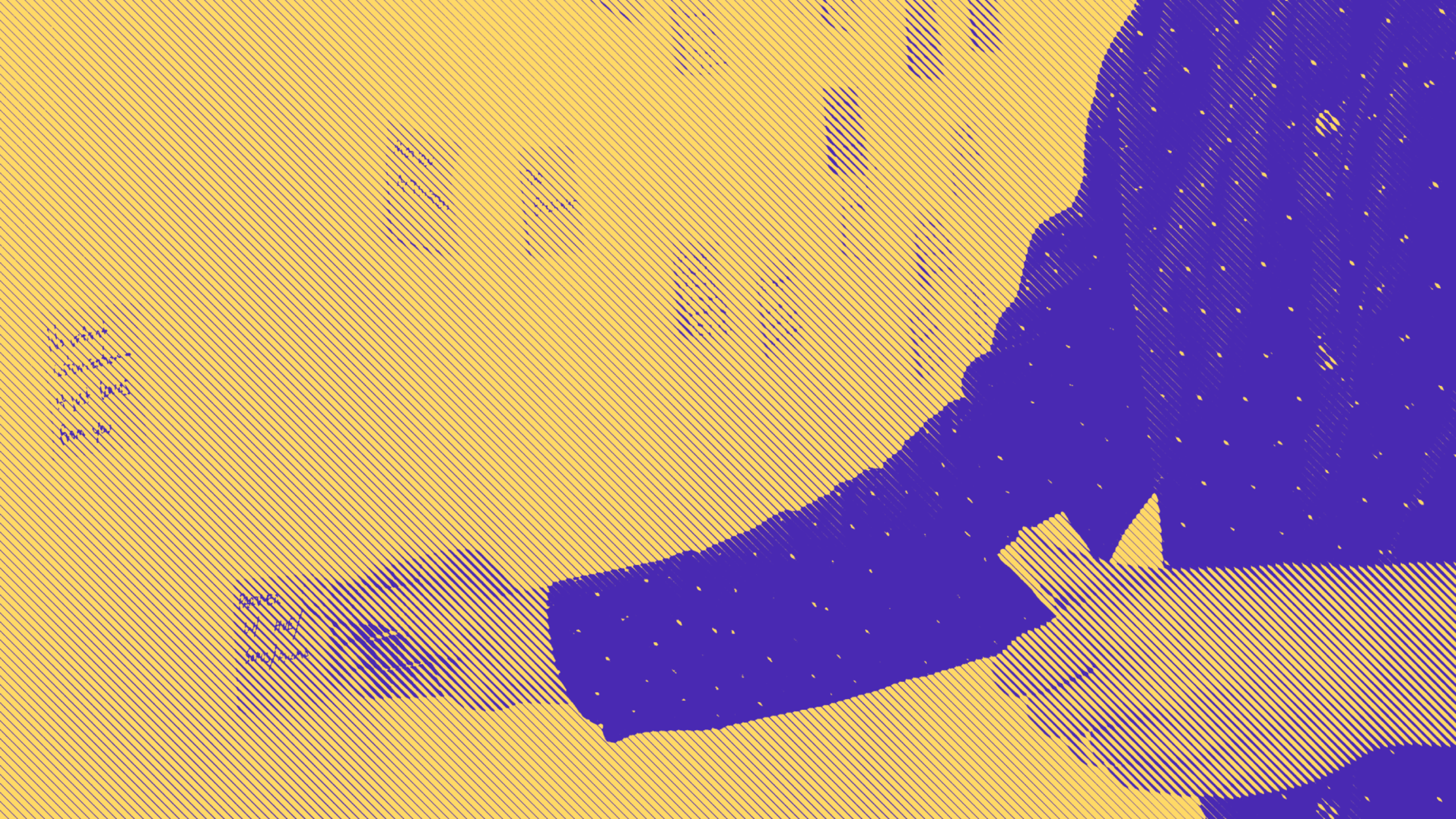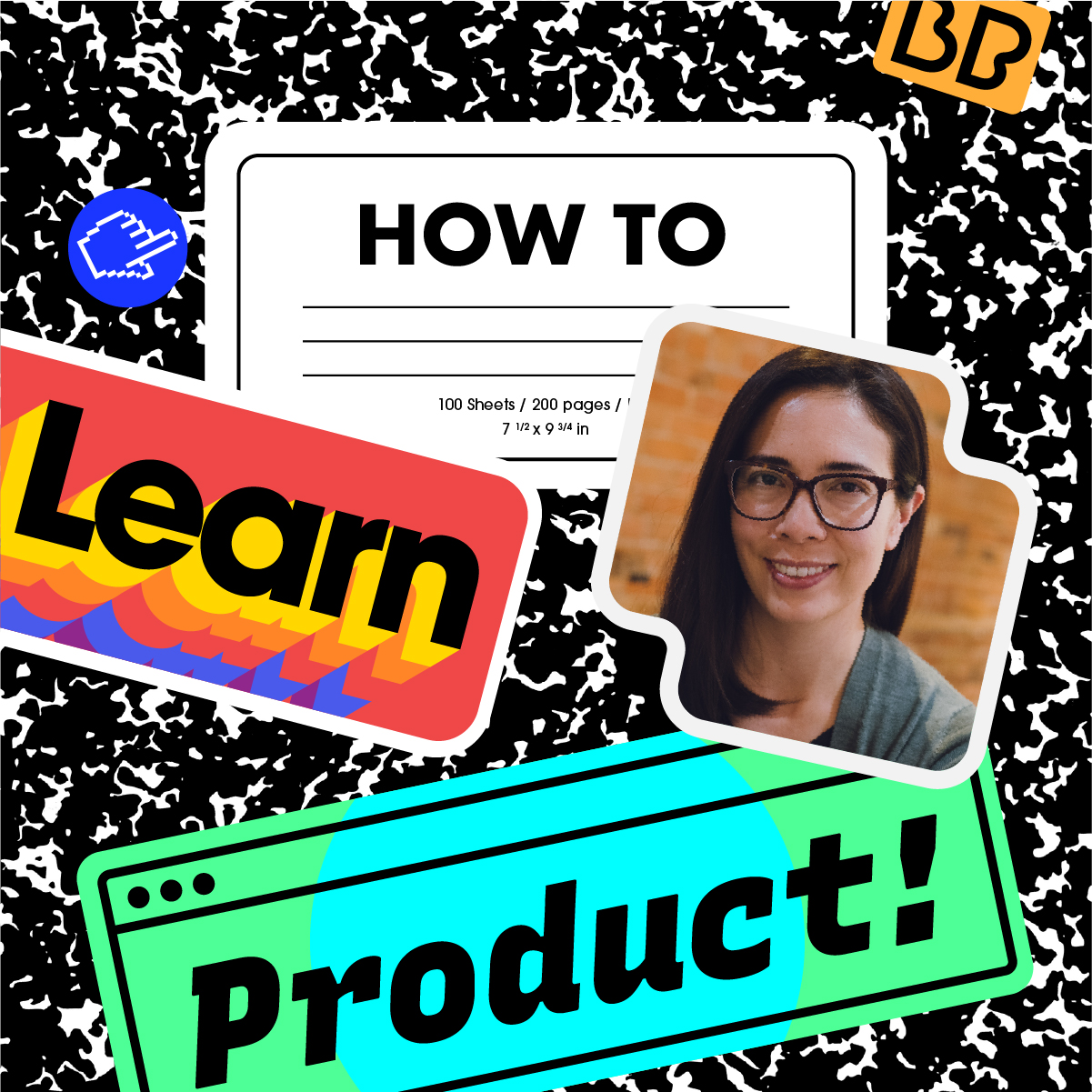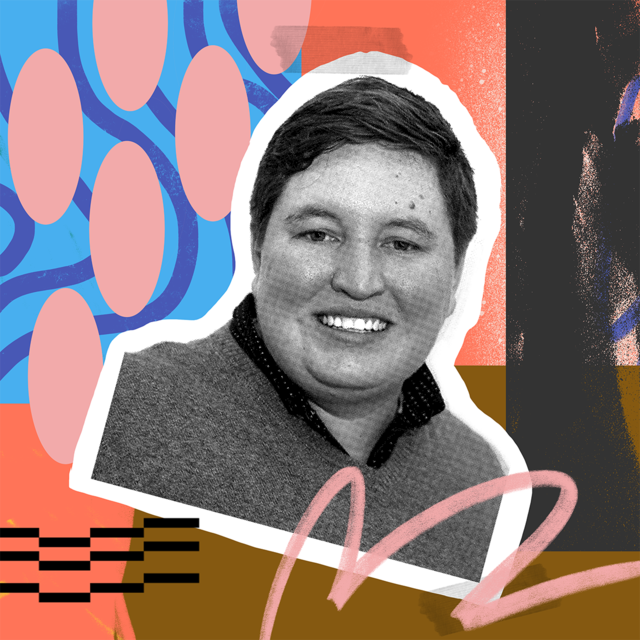
How to Learn Product: Going from Product Manager to Founder with Erin Chan

As we finish our How To Learn Product Series, we are providing you with a guest offering two distinct perspectives. Erin Chan shares insights on working in product management for complex products while delving into her current role as a co-founder.
Erin is the Chief Product Officer and Co-founder of Rhenti, a property management tech start-up. She’s also a former Olympic synchronized swimmer putting her in a class of her own. In the conversation, we discuss her past roles and what she has learned about growing as a product manager, while highlighting how that career equips her now as an entrepreneur.
If you’re looking to connect with other product managers or product professionals in all stages, join the community at betterproduct.community.



